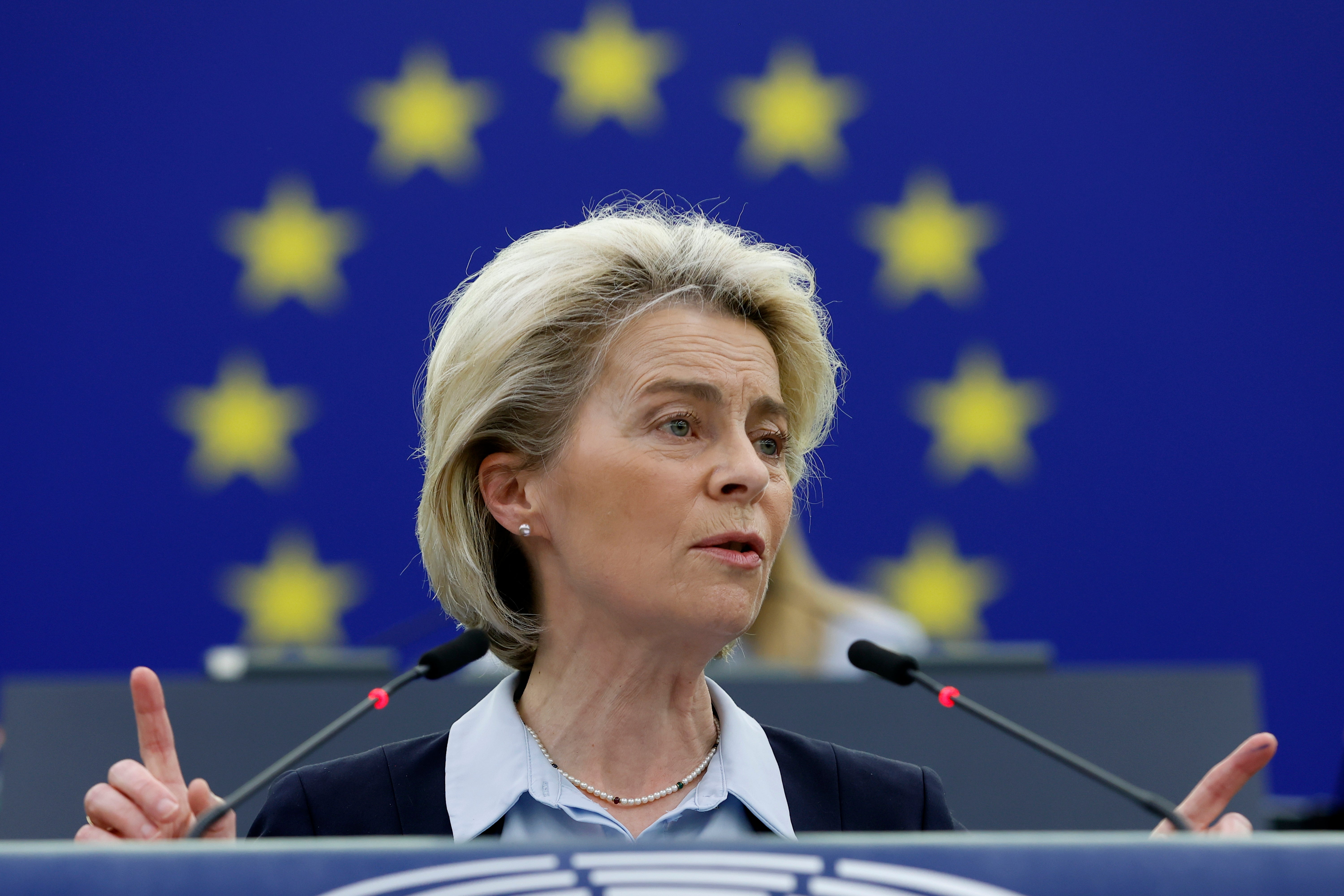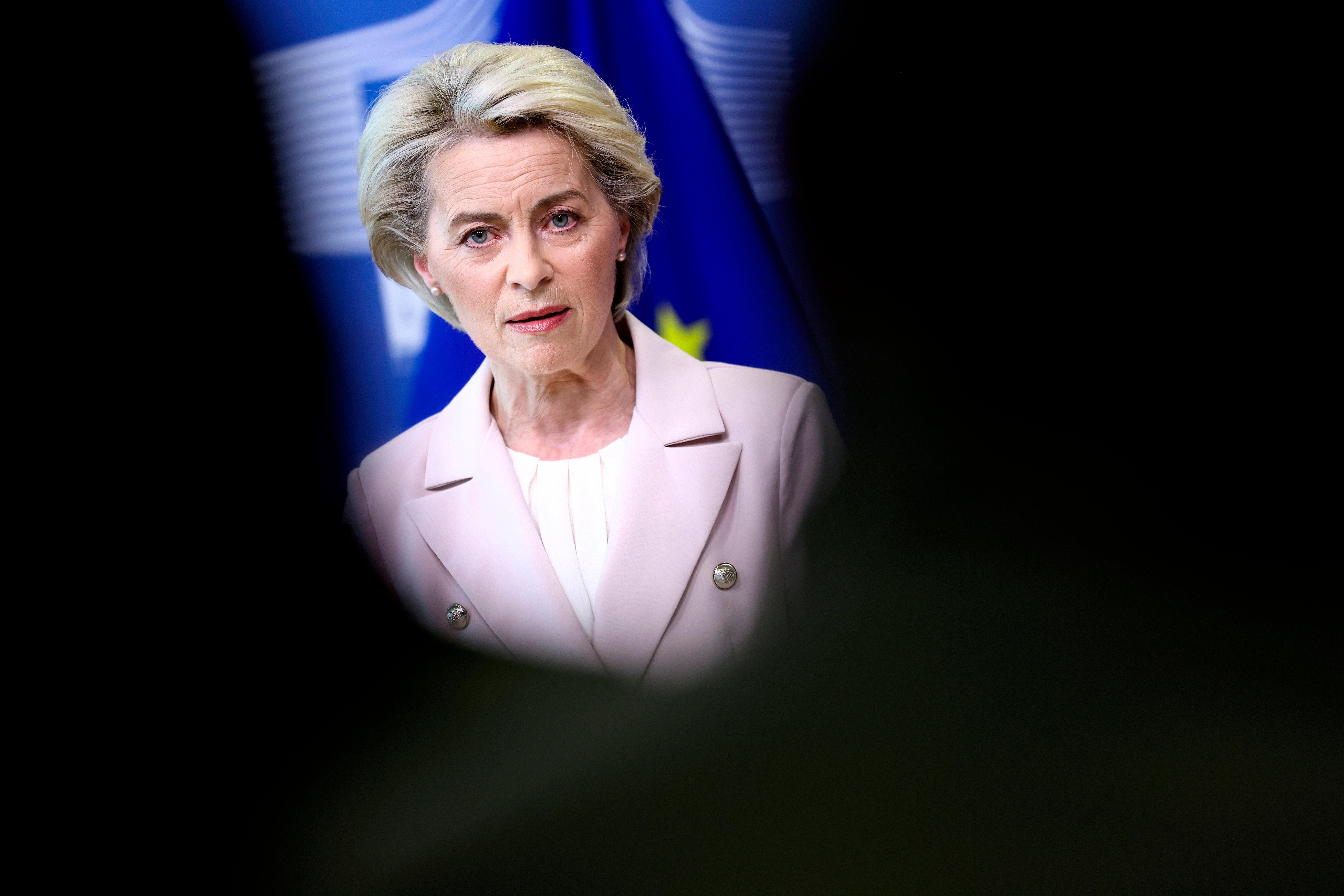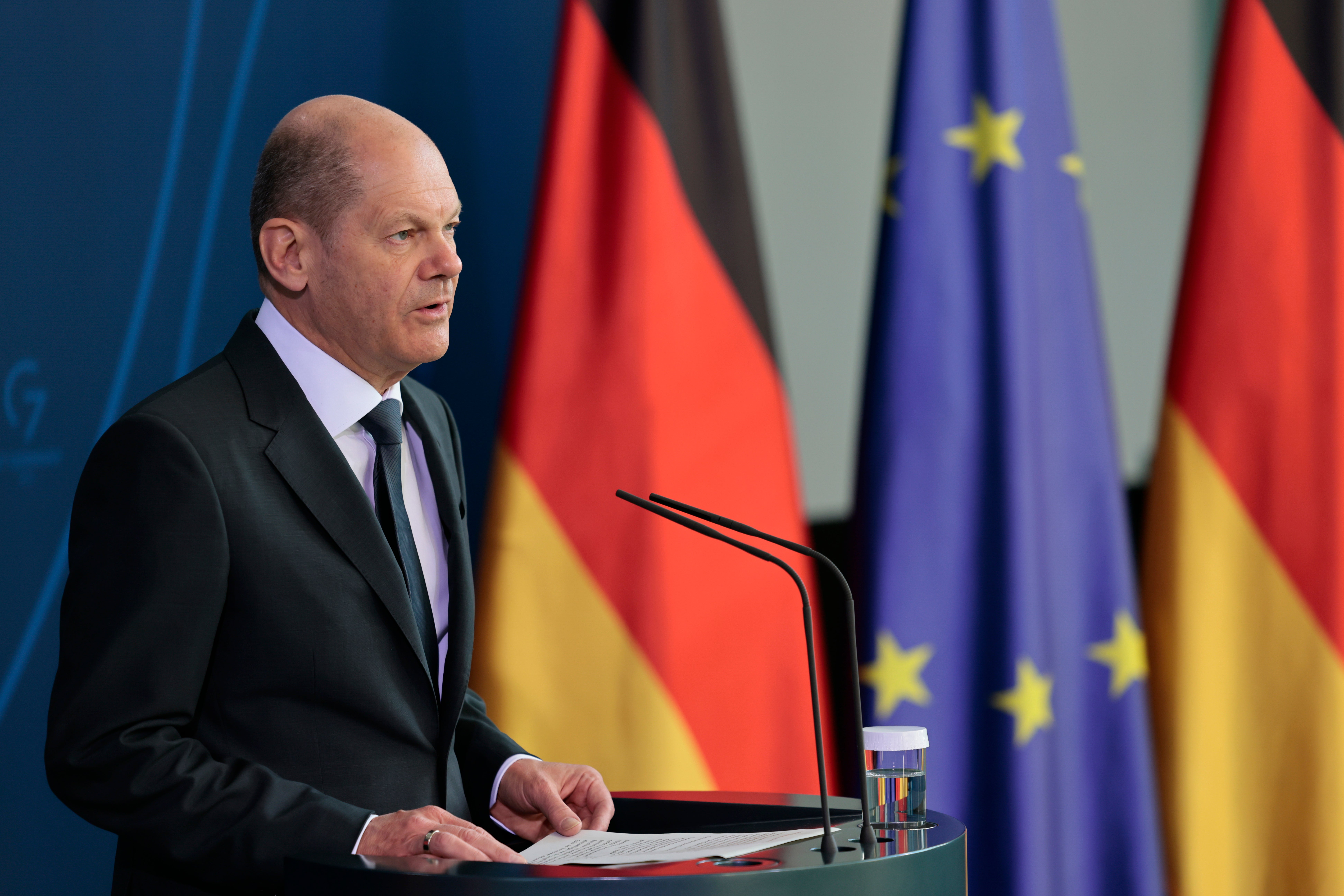EU prepares oil sanctions against Russia as Hungary resists ban
Slovakia is also seeking an exemption against approving a ban on Russian oil

The European Union is preparing to announce a sixth tranche of sanctions against Russia this week including a possible ban on buying Russian oil.
Throughout the Ukraine war, Kyiv has been vocal that Russia's energy exports to Europe, so far largely exempt from international sanctions, are funding the Kremlin war effort with millions of euros every day
“This package should include clear steps to block Russia's revenues from energy resources,” Ukrainian president Volodymyr Zelensky said in his nightly video address.
However, Hungary has made it clear that it will oppose any ban on Russian oil, adding that it has no alternative routes to make up for the deficit an EU embargo would create.
Hungary’s foreign minister Peter Szijjarto said Russian oil accounts for 65 per cent of the nation’s oil supply and it could not support sanctions that would make shipments of Russian oil and gas “impossible.”
Two EU officials said on Monday the EU executive may spare Slovakia and Hungary from an embargo on buying Russian oil, mindful of the two countries' dependence on Russian crude.
Slovakia gets nearly all of its imported crude from Russia, and the country has said it had reserves for 120 days.

“If it comes to an approved embargo of Russian oil as part of a further package of sanctions against Russia, then Slovakia will request an exemption,” the Slovak economy ministry said in a reply to Reuters questions.
The ministry said processing of different types of oil was not immediately possible and that a switch of technology was difficult financially and time-consuming.
The ministry also said Slovakia was intensively aiding Ukraine with fuel supplies, part of wider help the smaller neighbour has offered. Slovakia has supplied weapons, including an S-300 air defence system, and other military aid to Ukraine.
“Therefore we request a longer transition period for oil transported by pipeline,” the ministry said.
Germany, which has been more cautious than other western leaders in backing Ukraine, said on Monday it was prepared to back an immediate EU embargo on Russian oil, while economy and climate minister Robert Habeck said on Sunday that quitting Russian oil by the late summer is “realistic”.

“We have managed to reach a situation where Germany is able to bear an oil embargo,” Mr Robert Habeck said.
EU ministers met on Monday to discuss how to manage the situation, under intense pressure to reduce the revenue stream supporting President Vladimir Putin's war in Ukraine.
At a press conference on Monday, the EU's energy policy chief Kadri Simson said Russia halting gas supplies to Poland and Bulgaria had strengthened the bloc's will to become independent of Russian fossil fuels.
But according to the Centre of Research on Energy and Clean Air (CREA), the EU has imported about £37 billion worth of fossil fuels since the conflict began. The two largest importers worldwide were Germany followed by Italy.
Energy giant Gazprom stopped gas exports to Poland and Bulgaria last week after those countries refused to comply with Russian demands to switch to payment in roubles, and many other member countries are set to face the same issue around mid-May.
The EU accused Russia of blackmail over the move which came after president Putin vowed that “unfriendly” countries would need to start paying for gas in roubles.
Ambassadors from EU countries will discuss the proposed oil sanctions when they meet on Wednesday.






Join our commenting forum
Join thought-provoking conversations, follow other Independent readers and see their replies
Comments